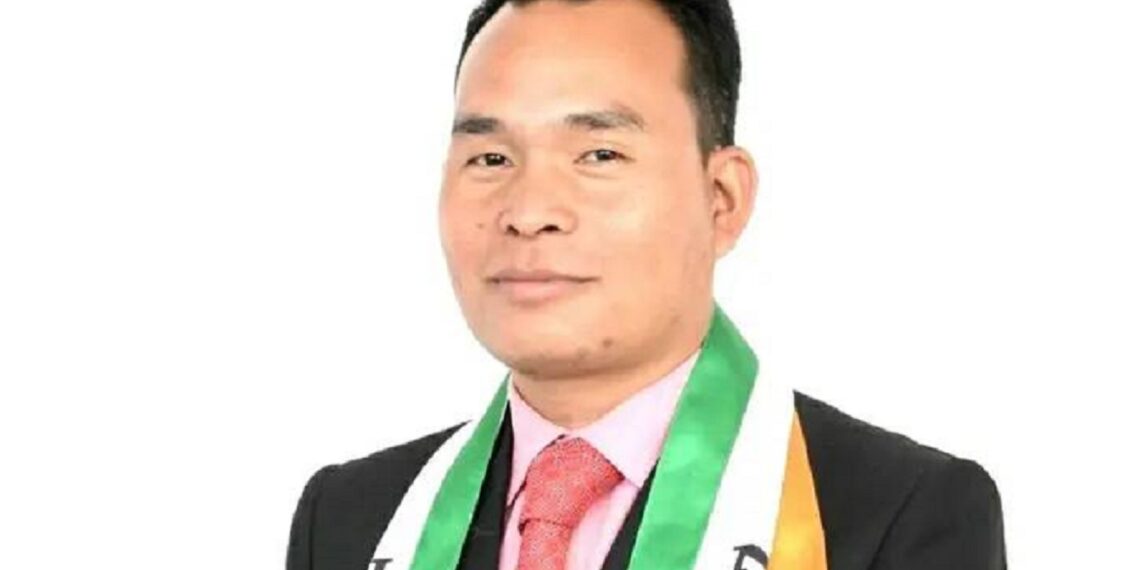SHILLONG: The Meghalaya government is developing a customised curriculum in line with the National Education Policy (NEP) 2020, encompassing all levels of education from elementary to higher education.
This significant development was announced by the state’s Education Minister, Rakkam A Sangma, during a recent press briefing in the capital, Shillong.
Highlighting the importance of creating an education framework that aligns with Meghalaya’s unique environment and educational needs, Minister Sangma said that the move is aimed at ensuring that students in Meghalaya receive an education that is not only comprehensive but also tailored to their region’s specific requirements.
Addressing the ongoing disagreements between North-East Hill University (NEHU), Meghalaya College Teachers’ Association (MCTA), and North-East Hill University Teachers’ Association (NEHUTA) regarding NEP implementation, Sangma urged all stakeholders to come to a resolution. He highlighted that there is no opposition from students, principals, or management against the NEP.
Sangma also disclosed that an encouraging 99% of Meghalaya’s colleges affiliated with the NEHU have already initiated the implementation of 4-year degree courses, as prescribed by the NEP 2020. He noted, “While there were initial reservations among some colleges, they have now recognised the significance and urgency of NEP implementation for the future of our students.”
Sangma underlined the importance of adapting to the NEP, as a failure to do so could potentially affect students’ eligibility for postgraduate courses in universities where NEP guidelines are already in effect. He, however, stated that the final decision rests with individual institutions and their management.
Meanwhile, the month-long standoff between MCTA and NEHU is showing no signs of any resolution. Recently, NEHUTA joined the discourse by refusing to create question papers for upcoming exams based on the NEP 2020.
In an interview with a local publication, MCTA general secretary, Air Peace Rani, shed light on the practical challenges of implementing the NEP. While acknowledging the merits of the NEP, Rani stressed the importance of providing teachers with adequate time to adapt and prepare themselves and their students.
A significant concern raised by the general secretary is the reluctance of the state government to provide financial support, as outlined in the NEP 2020. He argued that without government funding, the inevitable rise in fees could make education less accessible to all, contradicting the policy’s broader objectives of inclusivity and quality education for all.















